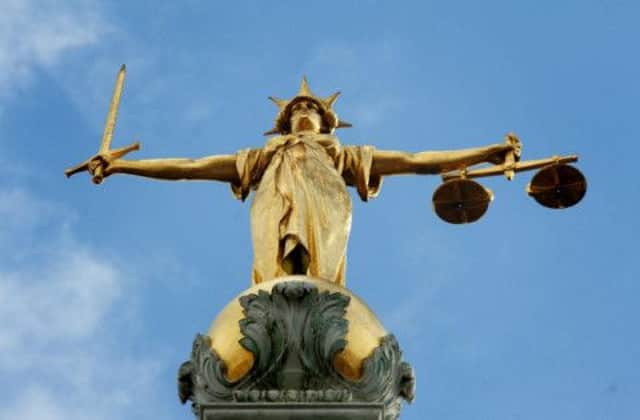‘Let Press challenge gagging orders at outset’


The Faculty of Advocates said reform to Scots law is needed under article 10 of the European Convention on Human Rights – the right to information.
At present, judges and sheriffs impose reporting restrictions before a case, which the media then has to try and overturn.
Advertisement
Hide AdAdvertisement
Hide AdThe Scottish Civil Justice Council (SCJC) has suggested that the views of the Press are heard before the order is imposed.
In a full submission to the SCJC, the faculty said: “It is imperative that there are legislative or procedural safeguards in place which are sufficient to protect an individual’s article-10 rights.
“It is the opinion of the faculty that the current rules have proved insufficient to safeguard the article-10 rights of media organisations and the general public.”
There are many reporting restrictions available to courts, designed to protect accused, victims or witnesses, which limit the public’s right to know.
For example, rulings under the Contempt of Court Act 1981, and the Children and Young Persons (Scotland) Act 1937, can be used to prevent the reporting of parents’ names in order to protect the identity of their children, such as in a tug-of-love custody battle.
However, there has been growing concern that gagging orders are frequently wrongly used only to be overturned by the media, or simply left in place because it is too costly for the press to challenge.
When former News of the World editor Andy Coulson appeared in Glasgow Sheriff Court in June this year, charged with perjury, it was only possible to report the case after restrictions were challenged and overturned.
The Faculty of Advocate’s support for stronger media rights has been welcomed by the industry.
Advertisement
Hide AdAdvertisement
Hide AdA spokesman for BBC Scotland said: “We do have concerns that there is an increase in the erosion of ‘open justice’ on an ad-hoc basis and we have challenged this on a number of occasions.”
The faculty would also like to see a system where rulings under the Contempt of Court Act could be referred to a higher court to be appealed.
Campbell Deane, a media lawyer, said: “There are more and more orders being imposed on the media, some of which are obviously incompetent yet go unchallenged.
“Over the last few years, the BBC has taken the lead in protecting the media’s rights in these matters and will indeed be in the Supreme Court in December, challenging some of the assumptions on which the consultation paper relies.
“Putting to one side that challenge, however, the media must have the right to challenge at an early stage.”